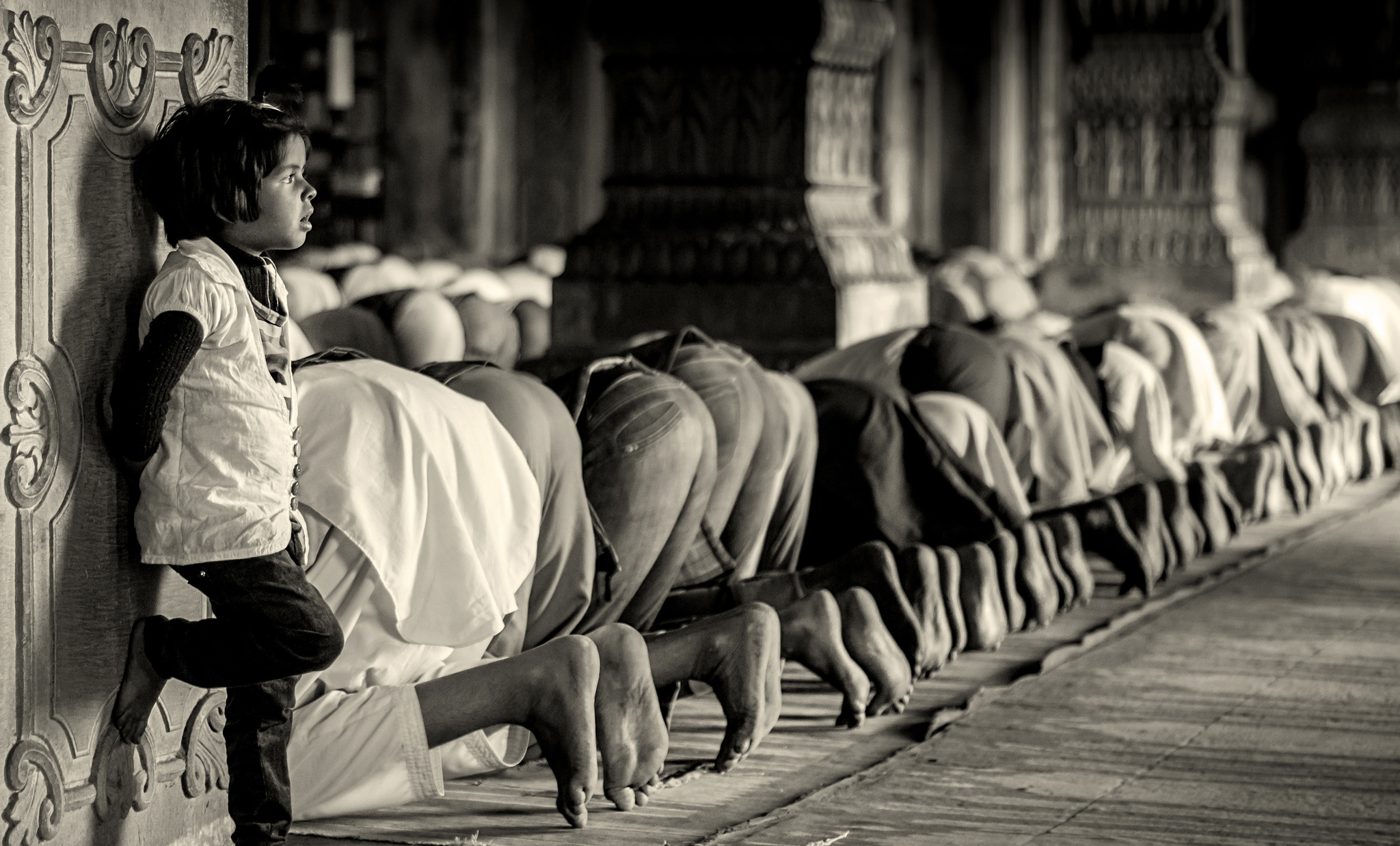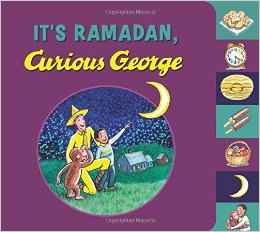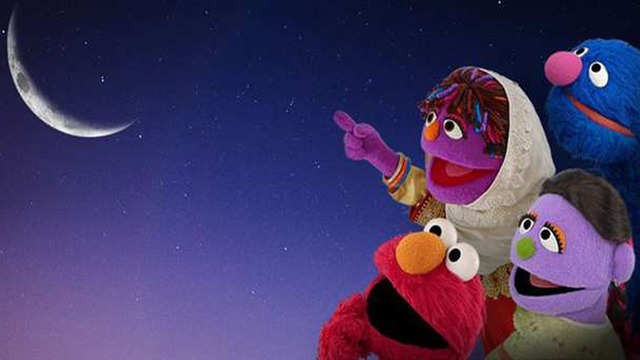
Ramadan –the holy month of Islam – has begun. During this time, Muslims across the world will fast from food and drink from the time the sun rises to the time the sun sets to show devotion and understand sacrifice. But in the West, Ramadan has largely been a cultural mystery. Unlike Christmas or Easter, Ramadan has not been considered a major part of modern Western mainstream media and society. Only recently has there been a push and acceptance of Ramadan, and with it, mostly resounding support.
 A recent NPR interview discussed that Curious George, the children’s book series that showcases the iconic little monkey who explores the world and helps reveal its bountiful mysteries to children, now has a new book which explores Ramadan. This is a large leap forward for the Muslim community in the West, as Curious George has explored Christmas, Easter, and Hanukkah in the past.
A recent NPR interview discussed that Curious George, the children’s book series that showcases the iconic little monkey who explores the world and helps reveal its bountiful mysteries to children, now has a new book which explores Ramadan. This is a large leap forward for the Muslim community in the West, as Curious George has explored Christmas, Easter, and Hanukkah in the past.
As a response, Fatemeh Mashouf is also pushing for Ramadan to become a more understood and accepted part of the season. She has created a character known as “Rafiq”, which means “Friend” in Arabic and Farsi. As Christmas has Santa, Rafiq is meant to be a type of iconic figure used during Ramadan to help kids feel more involved and interested — to make it their own.
I n other media, Sesame Street has posted kind regards and well wishes to the Muslim community in an official photo. The photo was largely well received on Twitter and Facebook, receiving praise from Muslims non-Muslims alike.
n other media, Sesame Street has posted kind regards and well wishes to the Muslim community in an official photo. The photo was largely well received on Twitter and Facebook, receiving praise from Muslims non-Muslims alike.
What these seemingly small steps entail are pieces of a much larger picture—a picture where ignorance and misunderstanding is slowly replaced. As children in the West grow up in increasingly international environments, teaching them the value of respect for cultural differences and freedom of religious beliefs will be paragon. Room for growth in a society comes from understanding the perspectives of others, and when better to teach that skill than during childhood?
There is a lingering fear that Ramadan, in this push for growth, may become commercialized. Just as many other holidays suffer absorption into capitalistic branding, there is the possibility that Ramadan could lose its meaning. However, when seeking to educate and expand understanding, risks are always involved as well as give-and-take. Teaching the fundamentals of Ramadan and providing a safe place and way for people to educate themselves is necessary. Suffering pressures to commercialize does not necessarily mean the holy month will be compromised and, like so many other sacred moments, it must be left to the individual to truly respect and appreciate its value.
Tune in next week for an exciting and more personal perspective of Ramadan from one of our very own at CAI!


